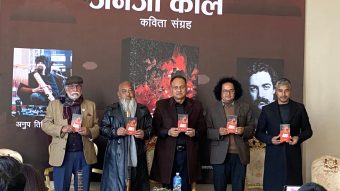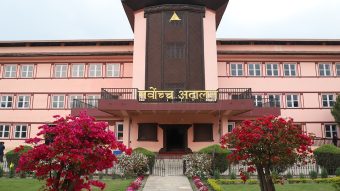World Tourism Day 2025: Tourism and Sustainable Transformation



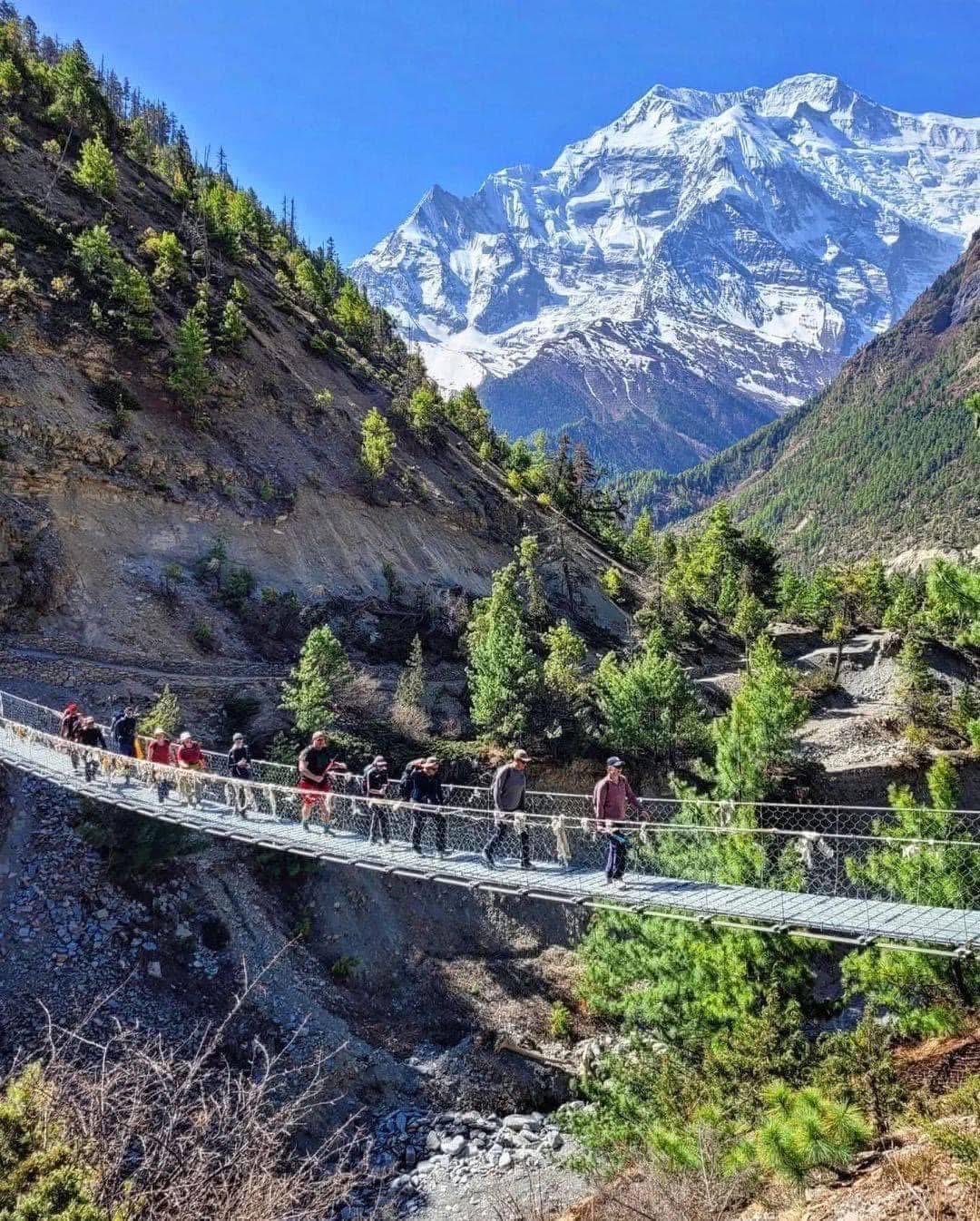
Since 1980, the United Nations World Tourism Organization (UNWTO) has celebrated World Tourism Day on September 27. This date was chosen because, on September 27, 1970, the Statutes of the UNWTO were adopted—a milestone in global tourism. The day raises awareness of tourism’s role worldwide, showing how it influences social, cultural, political, and economic values.
At its Twelfth Session in Istanbul, Turkey, in 1997, the UNWTO General Assembly decided to designate a host country each year to partner in celebrating World Tourism Day. Later, at its Fifteenth Session in Beijing, China, in 2003, it established a rotating geographic order for hosting: 2006 in Europe, 2007 in South Asia, 2008 in the Americas, 2009 in Africa, and 2011 in the Middle East. The idea of World Tourism Day was first proposed by Ignatius Amaduwa Atigbi, a Nigerian national, who was formally recognized for his contribution in 2009. The official color of World Tourism Day is blue, symbolizing peace and international connection.
The main purpose of World Tourism Day is to highlight the importance of tourism globally. Beyond generating revenue, tourism shapes societies—it influences social values, strengthens political ties, and fosters cultural understanding. By celebrating this day, nations emphasize that tourism is not just about money; it is also about building connections, appreciating cultures, and promoting sustainable practices.
Theme 2025 – Tourism and Sustainable Transformation
For 2025, the theme is “Tourism and Sustainable Transformation”, focusing on reshaping tourism for equity, resilience, and sustainability. Tourism is not just a driver of the economy—it can transform societies, create jobs, preserve culture, and foster global understanding.
Host City 2025 – Melaka, Malaysia
This year, Melaka, a UNESCO World Heritage Site, will host World Tourism Day and the World Tourism Conference (WTC) 2025 from September 27 to 29. Melaka’s rich history, cultural heritage, and commitment to sustainable tourism make it an ideal venue to showcase the transformative power of tourism. The city demonstrates how culture, history, and modern innovation can work together to drive positive change.
Nepal and Tourism
Nepal is a prime example of tourism’s potential. Known as the land of the Himalayas and home to Mount Everest, it attracts millions of visitors for trekking, mountaineering, spiritual journeys, and cultural experiences. Tourism provides jobs, promotes peace and harmony, and encourages eco- and adventure tourism.
However, challenges remain. Nepal faces weak infrastructure, limited air connectivity, political instability, construction delays, environmental pressures, and concerns from international agencies regarding safety and sustainable practices. Addressing these challenges is crucial to unlocking Nepal’s full tourism potential.
Global Example – Tourism 2025 in New Zealand
New Zealand’s Tourism 2025 framework is an inspiring model. It aims to unite the country’s diverse tourism industry and generate $41 billion in total tourism revenue by 2025 while promoting sustainability. This demonstrates how long-term planning and collaboration can drive economic growth and environmental responsibility simultaneously.

Mission 2025 and Global Alignment
Beyond tourism, Mission 2025 includes several global initiatives:
• Climate initiatives aligned with the Paris Agreement’s 1.5°C goal
• NASA’s Artemis II program for space exploration
• The European Space Agency’s “Mission X: Train Like an Astronaut” education program
• Corporate sustainability programs such as Coca-Cola HBC’s Mission 2025
• Governmental economic programs, including the IMF’s 2025 Article IV consultation in Bulgaria
These initiatives show that 2025 is a pivotal year globally, with tourism being part of broader sustainability and transformation efforts.
World Tourism Day 2025 is more than a celebration of travel—it reminds us that tourism can be a force for sustainable transformation. Since 1980, this day has highlighted tourism’s role in fostering cultural exchange, social understanding, political cooperation, and global peace.
For Nepal, tourism is both a strength and a responsibility. The country’s natural beauty, culture, and hospitality offer immense potential, but addressing infrastructure, connectivity, governance, and sustainability challenges is essential. By learning from global frameworks like Tourism 2025 in New Zealand and aligning with Mission 2025 initiatives, Nepal can harness tourism as a driver of economic growth, peace, and global understanding.
Tourism is more than travel—it is a unifying, transformative force that shapes a sustainable, peaceful, and prosperous future for generations to come.
Written by: Som Nath Sapkota, Tourism Promoter for Wales
Ministry: Ministry of Culture, Tourism and Civil Aviation, Nepal

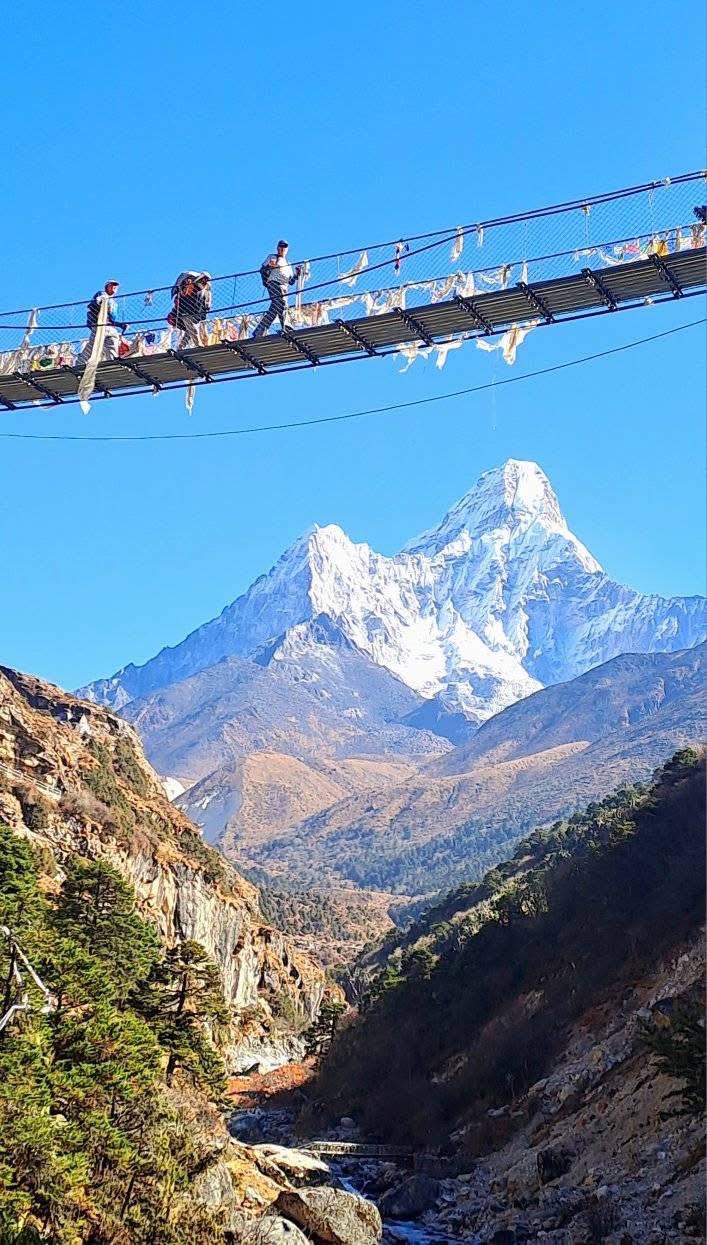
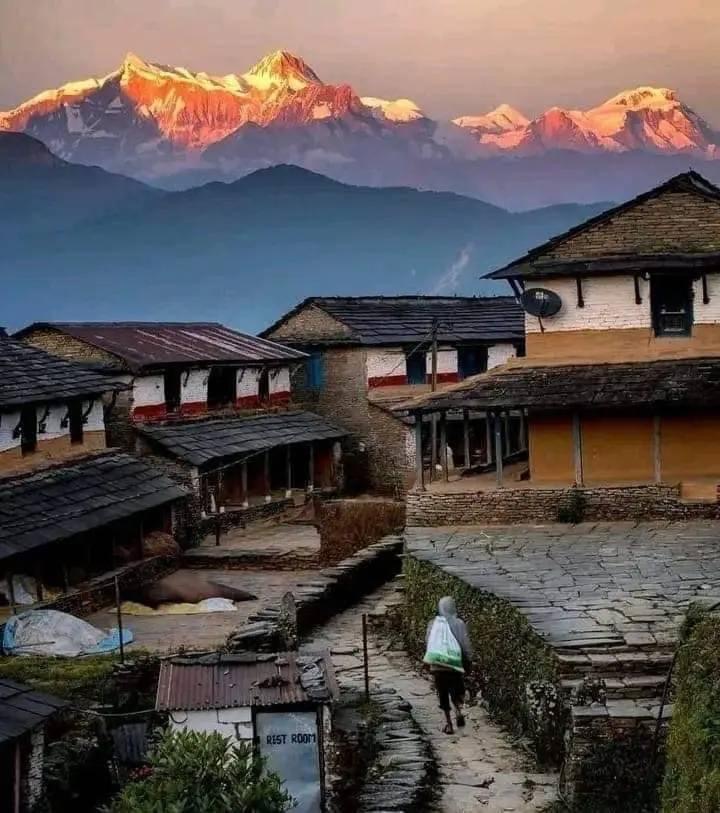
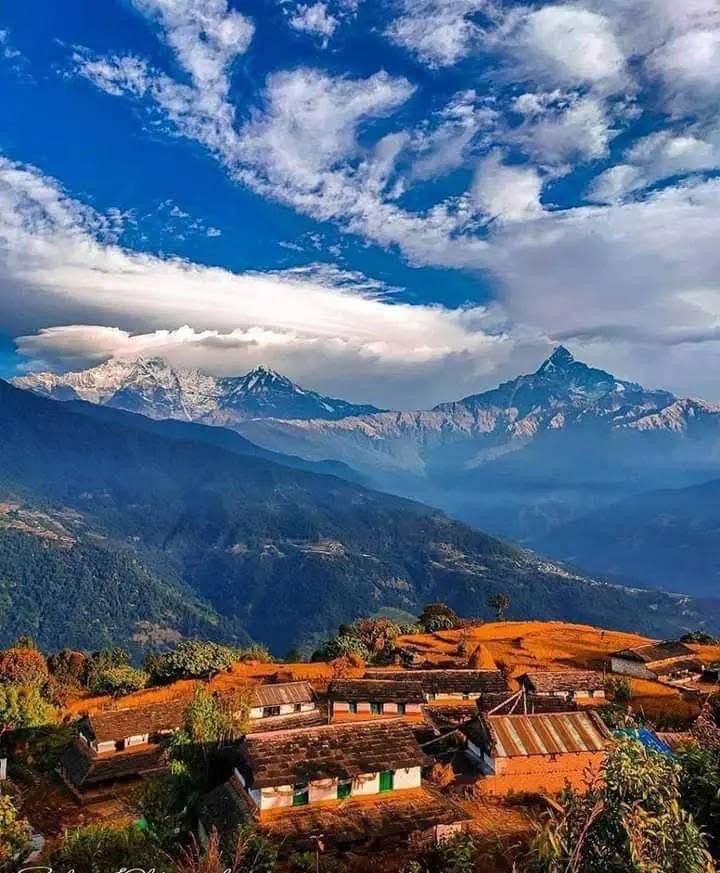
सम्बन्धित सामग्रीहरू
हाम्रो सिफारिस
- १
- २
- ३
- ४
- ५






